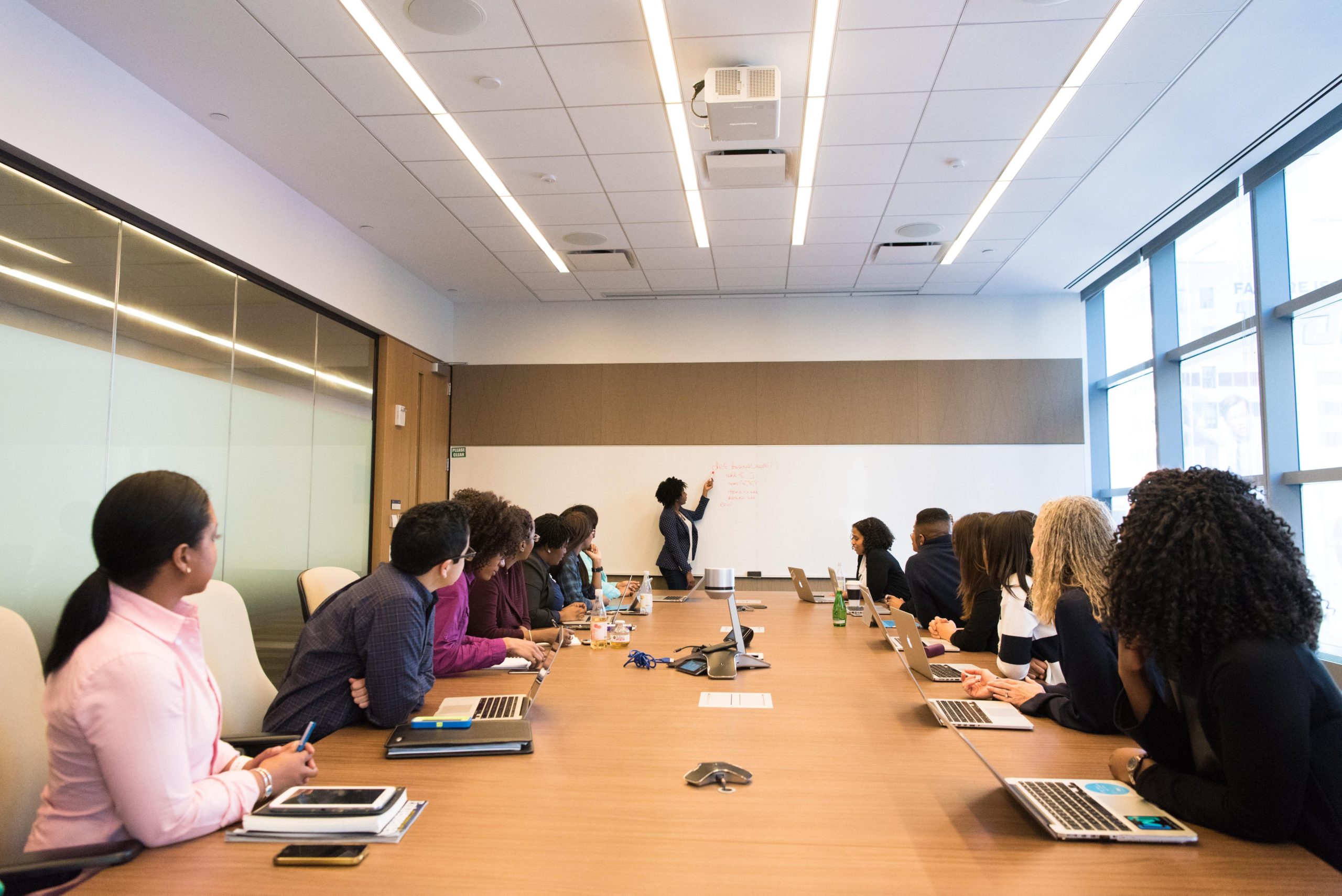Gone are the days of domination by a particular class of people within the workplace; it’s time for a more diverse and inclusive workplace emphasizes Charles Spinelli. Spinelli is the President of E3 HR, Inc. which is an employer organization functional in about 47 states. His experience of more than 2 years puts him in a position to accentuate the need for a diverse and inclusive workplace.
Need For A Diverse And Inclusive Workplace
Some of the key reasons why any workplace needs to be diverse and inclusive are as below:
- Heightened Creativity – When there is an atmosphere of acceptance within the workplace, the employees feel a sense of belonging to the organization and hence come up with more and more innovative ideas and plans. Also, diverse talents, skills, and experience come into foreplay and increases the quality of the work done.
- Improved Decision-Making –The diversity of perceptions makes the decision-making process more streamlined. More minds put to the task gives a wider range of consideration of possible outcomes and the decisions taken accordingly.
- Better Employee Engagement And Retention – Charles Spinelli speaks from his experience that acceptability within the workplace triggers a sense of loyalty among the employees. They feel at home for their organization and therefore prefer staying within the same place for longer terms. The concept of jumping ships among employees is sidelined with diversity and inclusion massively.
- Improved Performance – The confidence that an organization builds in the minds of its employees with inclusion and diversity makes the employees perform better instinctively. They feel heard and are not affected even if their ideas are not taken.
- Increased Preference Among Competitors – People from every walk of life want a job. When they find any organization that puts their skills and knowledge above their background, they certainly prefer working there as opposed to a place that always wants to mold the employee as per their requirements strictly. Hence, the companies that advocate diversity and inclusion are always in better standing than those that do not.
- Legal Compliance – one of the most important ethics in a workplace is non-discriminative policies. Discrimination among employees is a legally offensive act. Hence it forms one of the first legal compliances that an organization is expected to adhere to. This keeps the organization away from any legal complications and is in the good books of the law. Thus, inclusion and diversity must be mandatory programs for all sizes of businesses.
Diversity and inclusion are two very different concepts. While the first one talks about the difference in backgrounds, the latter refers to the accommodation capacity of a workplace, in this context. Nonetheless, the two need to go hand in hand if any organization wishes to be ahead of its competition and win the favoritism of prospective diligent and skilled employees. These two can be considered as an asset to any organization that exhibits a positive working environment and promotes as well as respects individual differences.




